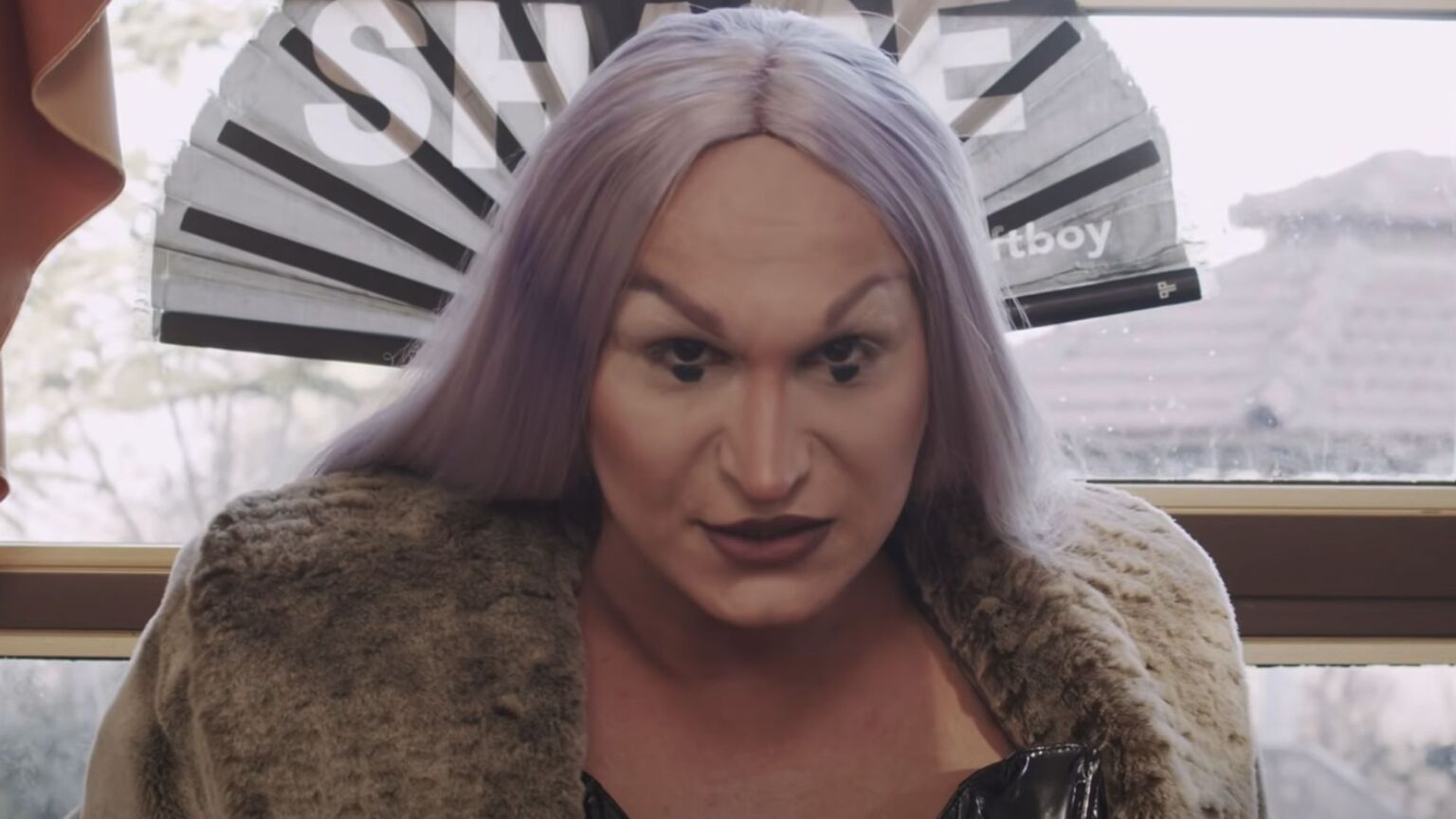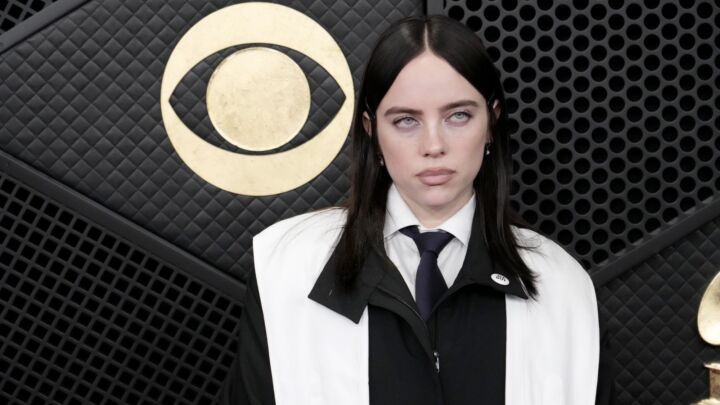Britain’s drag-queen visa
Why does the Home Office’s definition of ‘global talent’ extend to men in fishnets and dodgy wigs?

Want unlimited, ad-free access? Become a spiked supporter.
For decades, Britain’s political parties of all stripes have promised to prioritise ‘high skilled’ immigration. Yet with more than 930,000 skilled-worker visas handed out between 2021 and 2024, it seems the Home Office is throwing out stamped passports the way Oprah hands out Audis: And you get a visa! And you get a visa! One explanation for this might be that the UK government’s definition of ‘skilled’ has become impossibly broad.
Nowhere is this clearer than when it comes to the ‘Global Talent’ visa, intended to attract the cream of the crop of creatives to live and work in the UK. Acts have to be approved for their artistic merit by the Home Office and the Arts Council. Yet rather than rolling out the red carpet to top-tier artistic talent, we seem to have ended up welcoming a curious number of drag queens. The kinds of acts whose ‘skills’ – let’s face it – tend to be little more than lip-syncing, wearing women’s clothes and applying garish make-up.
Among the recent, more questionable additions to the UK talent pool is trans Turkish drag queen Kübra Uzun – stage name Q-BRA. His work includes a song entitled ‘Koli Kanonu’ (‘Fuck Buddy Canon’) – an upbeat acapella number about being on the prowl for someone to shag. Another is an adaptation of an aria from Carmen in ‘Turkish queer slang’. So precisely the kind of artistry we were sorely missing in the UK…
Akis Ka – another Turkish drag artist – has also been granted a Global Talent visa. According to the Telegraph, his aims are to ‘leave queer marks on art history’ and focus on ‘trans rights… body politics, food and eating sociology’. Photos on his Instagram show him holding signs at various marches stating, ‘I support trans wrongs’ and ‘JK is Rowling into Azkaban’ (the wizard prison in the Harry Potter universe). How would we have coped without him?
The Global Talent scheme has come under increased scrutiny after experiencing a 178 per cent jump in successful applications over the past year. Applications from Nigeria alone have risen by a whopping 2,225 per cent since 2019, mainly from self-styled rappers and poets. While the visa route is intended for those with ‘exceptional talents in music, theatre and dance’, more than 70 per cent of applications end up being accepted. This entitles recipients – and their dependants – to stay in the UK for at least five years.
This does look like yet another route for easy entry into the UK labour market. Perhaps the men making the treacherous journey from Calais to Dover should be informed that, instead of risking their lives, they could just put on fishnets and a dodgy wig.
Of course the UK should welcome the world’s top artistic talent, but perhaps we should aim a bit higher than cross-dressing karaoke acts.
Georgina Mumford is a spiked intern.
£1 a month for 3 months
You’ve hit your monthly free article limit.
Support spiked and get unlimited access.
Support spiked – £1 a month for 3 months
spiked is funded by readers like you. Only 0.1% of regular readers currently support us. If just 1% did, we could grow our team and step up the fight for free speech and democracy.
Become a spiked supporter and enjoy unlimited, ad-free access, bonus content and exclusive events – while helping to keep independent journalism alive.
———————————————————————————————————————————–
Exclusive January offer: join today for £1 a month for 3 months. Then £5 a month, cancel anytime.
———————————————————————————————————————————–
Monthly support makes the biggest difference. Thank you.







Comments
Want to join the conversation?
Only spiked supporters and patrons, who donate regularly to us, can comment on our articles.